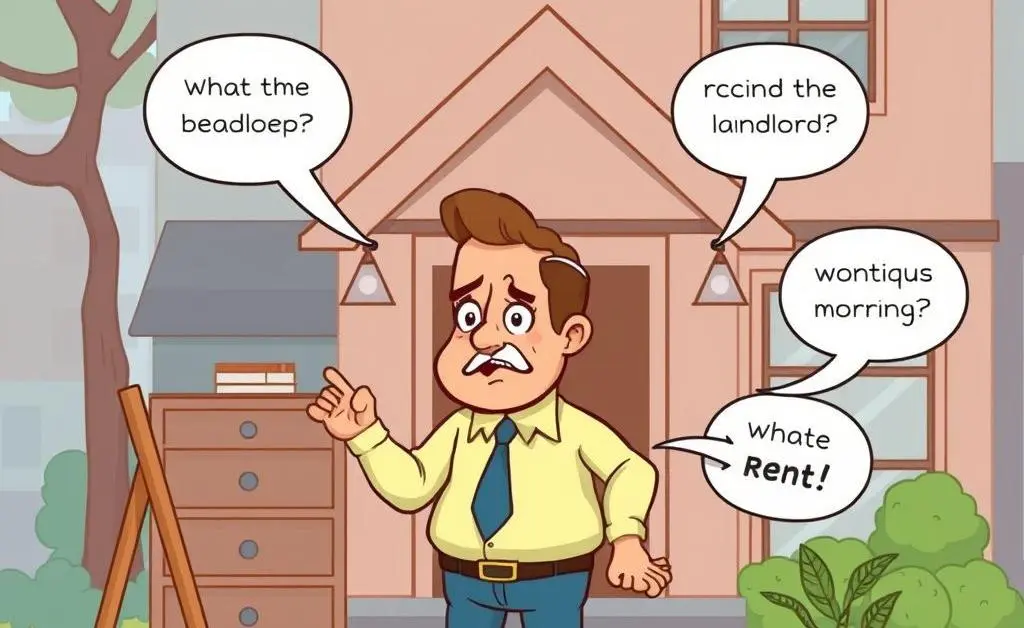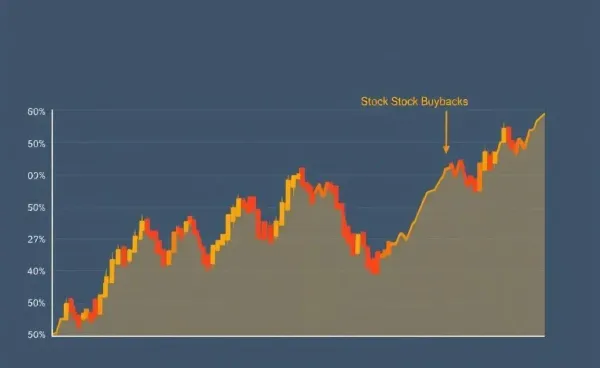Landlording vs. Dividends: Which Investment Strategy is Right for You?
Explore the pros and cons of landlording versus dividend investing and find the right path for your financial goals.

When it comes to investing, the age-old debate of landlording vs. dividends often surfaces. Both strategies can offer financial freedom, but they come with distinct experiences and considerations. So, which one is the winning choice for you?
Understanding Landlording
Being a landlord involves owning rental properties and being responsible for their management. This investment strategy can generate steady cash flow through rental income while potentially appreciating property value over time.

Pros of Being a Landlord
- Consistent Income: With tenants paying rent monthly, you can establish a reliable income stream.
- Asset Appreciation: Real estate generally appreciates, providing a lucrative return when selling the property.
- Tax Benefits: Enjoy deductions for expenses like mortgage interest, property taxes, and maintenance costs.
Cons of Being a Landlord
- Active Management Required: Landlording is hands-on, requiring time for tenant management and property upkeep.
- Unpredictable Costs: Maintenance or vacancy periods can affect cash flow considerably.
Exploring Dividend Investing
Dividend investing involves purchasing stocks that pay out regular dividends, creating a passive income stream. This strategy is known for its relative ease and scalability.

Pros of Dividend Investing
- Passivity: Once you've chosen your stocks, there's little management on your part.
- Scalability: Ease of purchasing more shares as your budget allows, amplifying income potential over time.
- Liquidity: Stocks are easily bought and sold, offering better liquidity compared to property.
Cons of Dividend Investing
- Market Volatility: Stocks can experience significant fluctuations in value over short periods.
- Lower Initial Returns: Income generation may take time, demanding patience and a long-term perspective.
Making the Decision
Ultimately, your choice between landlording and dividends should align with your personal circumstances and objectives. Consider how much time you're willing to dedicate to management, your financial goals, and your risk tolerance.
For those who relish hands-on investment and tangible assets, property ownership might be the way to go. On the other hand, if diversity and ease of management appeal, dividends offer a compelling choice.
If you've tried both or are currently weighing your options, what's worked for you, and what hasn't? Share your journey in the comments section below!




